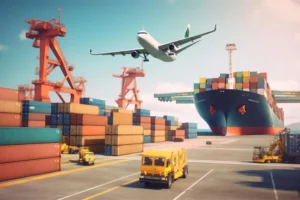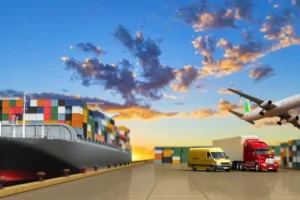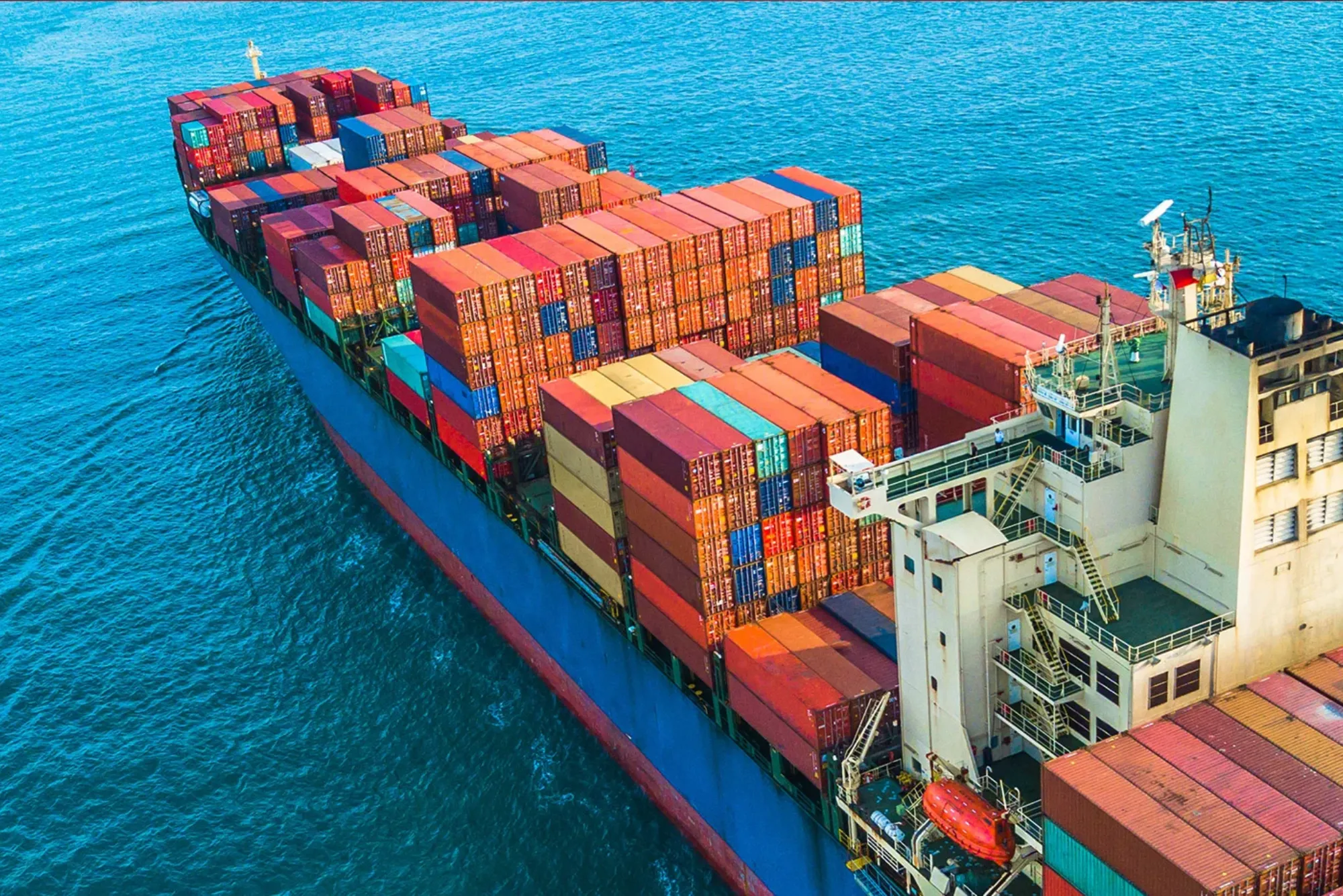In today’s interconnected world, the global logistics industry plays a vital role in ensuring that goods move smoothly across borders. At the heart of this industry are Freight forwarders, the unsung heroes who coordinate and manage the complex process of international shipping.
Whether you’re a business owner looking to expand into new markets or simply curious about how products reach your doorstep, understanding what a Freight forwarder does is essential. This article explores the key functions and importance of Freight companies in global trade.
What is a Freight Forwarder?
A Freight forwarder is a company or individual responsible for organizing the shipment of goods from one destination to another. Unlike shipping lines, which physically transport goods, Freight forwarders act as intermediaries, coordinating various aspects of the logistics process.
They arrange transportation, handle paperwork, and ensure that shipments comply with international regulations. Freight companies play a critical role in ensuring that goods move efficiently, safely, and cost-effectively across borders.
Services Provided by a Freight Forwarder
A Freight forwarder offers a wide range of services to support the movement of goods. These services include:
- Transportation Coordination: The Freight forwarder arranges the most suitable mode of transport—whether by air, sea, or land—based on the nature and urgency of the shipment.
- Warehousing and Packaging: Freight companies often provide warehousing solutions and ensure that goods are properly packaged to withstand transit.
- Customs Brokerage: Navigating customs regulations can be challenging. A Freight forwarder handles all necessary documentation and liaises with customs authorities to prevent delays.
- Documentation Management: The Freight forwarder ensures that all shipping documents, such as bills of lading, commercial invoices, and certificates of origin, are correctly completed and submitted.
These services make Freight companies invaluable partners in the logistics process, especially for businesses involved in international trade.
How a Freight Forwarder Operates

The operation of a Freight forwarder involves several key steps:
- Planning: The process begins with planning the shipment, where the Freight forwarder determines the best route, mode of transport, and schedule based on the client’s needs.
- Coordination: The Freight forwarder coordinates with carriers, warehouses, and customs brokers to ensure a seamless flow of goods from origin to destination.
- Compliance: Ensuring that shipments comply with international trade laws is a critical task for Freight companies. They manage documentation, tariffs, and customs regulations to avoid legal issues and delays.
- Monitoring: Throughout the shipment, the Freight forwarder monitors the progress and handles any unexpected issues that may arise, such as delays or damages.
By managing these steps, Freight forwarders ensure that goods reach their destinations on time and in good condition.
The Importance of a Freight Forwarder in Global Trade
Freight forwarders play an essential role in optimizing global supply chains. By coordinating various logistics activities, they help businesses save time and money. Freight companies are experts in finding the most cost-effective shipping solutions, which can significantly reduce transportation costs.
Additionally, their knowledge of international trade laws ensures that shipments comply with regulations, reducing the risk of fines or delays. Ultimately, the efficiency and reliability provided by a Freight forwarder contribute to customer satisfaction and business success.
A freight forwarder plays a vital role in the transportation and logistics industry, but what exactly does a freight forwarder do? Essentially, a freight forwarder acts as an intermediary between shippers and transportation services, coordinating the movement of goods across borders.
A freight forwarder do everything from negotiating shipping rates and arranging the best routes to handling customs documentation and ensuring compliance with international regulations. By managing these logistics, a freight forwarder do not only simplifies the shipping process for businesses but also ensures that goods are delivered efficiently and on time, making them indispensable in global trade.
Choosing the Right Freight Forwarder
Selecting the right Freight forwarder is crucial for any business involved in shipping goods. When choosing a Freight company, consider the following factors:
- Reputation: Look for a Freight forwarder with a strong track record and positive customer reviews. A well-established company is more likely to provide reliable services.
- Experience: The Freight forwarder’s experience in handling specific types of goods or navigating certain regions can be a significant advantage.
- Transparency: A good Freight company should offer clear and transparent communication, providing regular updates on the status of shipments.
- Network: Consider the Freight forwarder’s global network of partners and agents, which can affect the efficiency and reach of their services.
By taking these factors into account, businesses can find a Freight forwarder that meets their specific needs.
Challenges Faced by Freight Forwarders

Like any industry, the Freight forwarder sector faces its own set of challenges. Some common issues include:
- Geopolitical Uncertainty: Trade restrictions, tariffs, and political tensions can disrupt shipping routes and schedules. Freight companies must stay informed and adapt quickly to changing conditions.
- Regulatory Compliance: International trade laws are constantly evolving, and Freight forwarders must keep up with these changes to avoid legal complications.
- Technological Integration: The logistics industry is increasingly reliant on technology for tracking, communication, and automation. Freight companies need to invest in digital tools to stay competitive.
Despite these challenges, Freight forwarders continue to play a critical role in the global economy by finding innovative solutions and adapting to changes.
The Future of Freight Forwarding
The future of Freight forwarders is shaped by emerging trends and technologies. Digital transformation is revolutionizing the logistics industry, with innovations such as real-time tracking, automated customs clearance, and blockchain technology.
Freight companies are also increasingly focused on sustainability, seeking ways to reduce their carbon footprint and adopt eco-friendly practices. As these trends continue to evolve, Freight forwarders will play an even more significant role in shaping the future of global trade.
Freight forwarders are indispensable partners in the global logistics industry. They provide a wide range of services that ensure the efficient and cost-effective movement of goods across borders. Whether you’re a business looking to expand internationally or simply need to ship products from one country to another, choosing a reliable Freight company is crucial for success. By understanding what a Freight forwarder does, you can make informed decisions and navigate the complexities of international trade with confidence.





